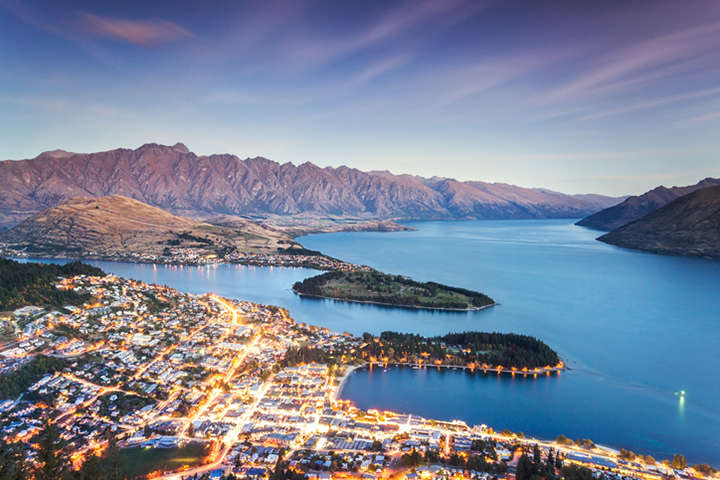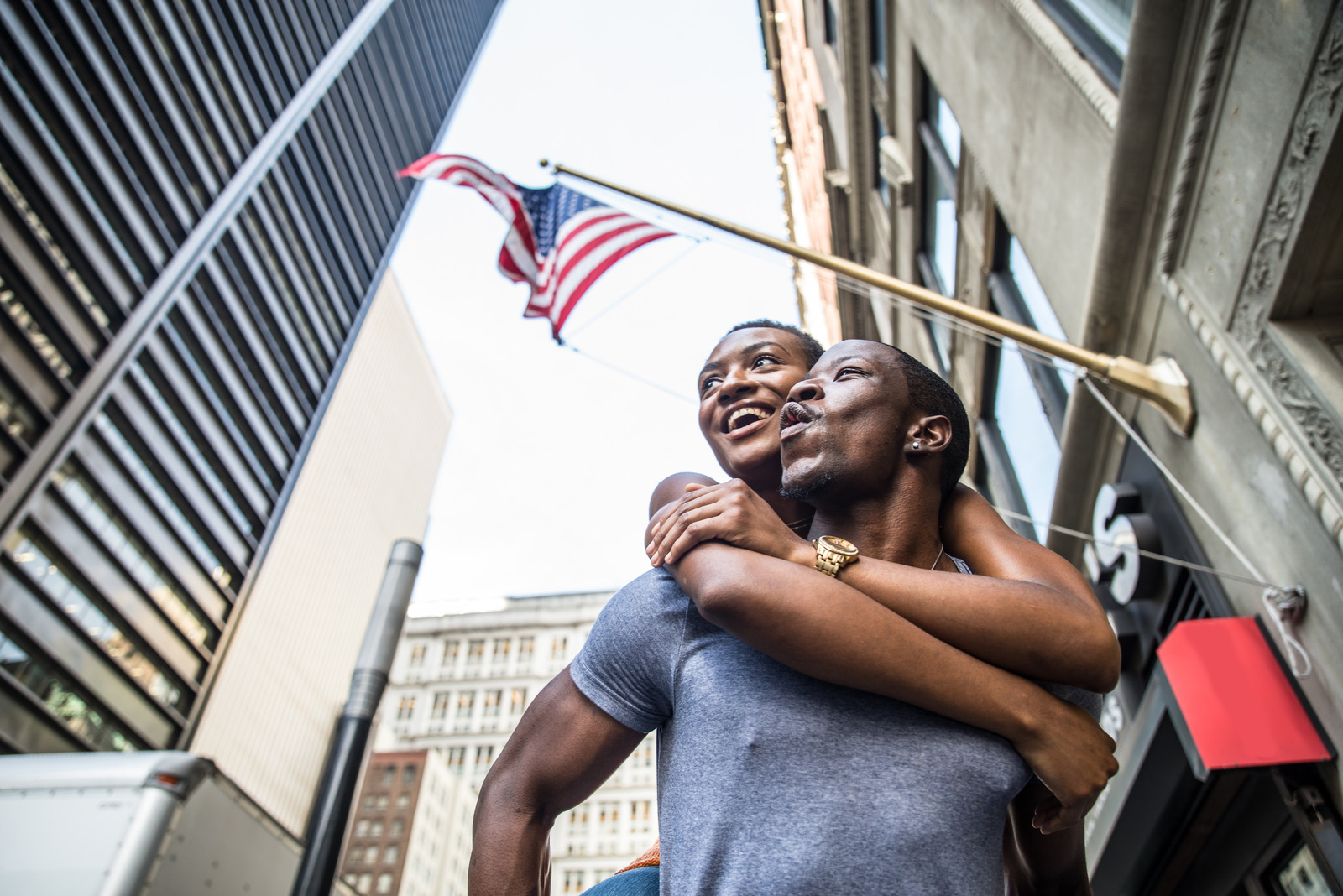The COVID-19 pandemic has created an increasing amount of uncertainty into when things will return to normal, and for many countries around the world, when economies will reopen for business.
As nations work to manage the immediate health crisis, experts have begun analyzing what recovery will look like and which countries will likely bounce back first.
Using the 2019 Global Resilience Index, which ranks the resiliency of the business environment across 130 countries based on factors such as political stability, corporate governance, risk environment, and supply chain logistics and transparency, experts have discussed with the BBC the top five nations that have a high likelihood of maintaining stability and resilience through the crisis:
Denmark
Denmark ranked second in the index where it scores high marks for its supply chain tracking and low governmental corruption.
Analysts told the BBC that officials in Denmark were quick to enact social-distancing measures in light of the spread of the virus. The government announced a shutdown of schools and non-essential private businesses and closed its borders to foreigners in early March when the country had a low number of positive cases.
What also works well in Denmark is that people tend to be trusting of authority and willing to stand together for a common cause.
“The word ‘samfundssind’ (which roughly translates to “civic sense” or “civic duty”) is the new buzzword in Denmark on both social and traditional media, and most people feel a moral duty to make sacrifices for the sake of public health,” Rasmus Aarup Christiansen, managing partner of Pissup Tours, based in Copenhagen told the BBC. “No-one wants to be called out for being responsible for endangering the lives of senior citizens just because they won’t give up their usual luxuries.”
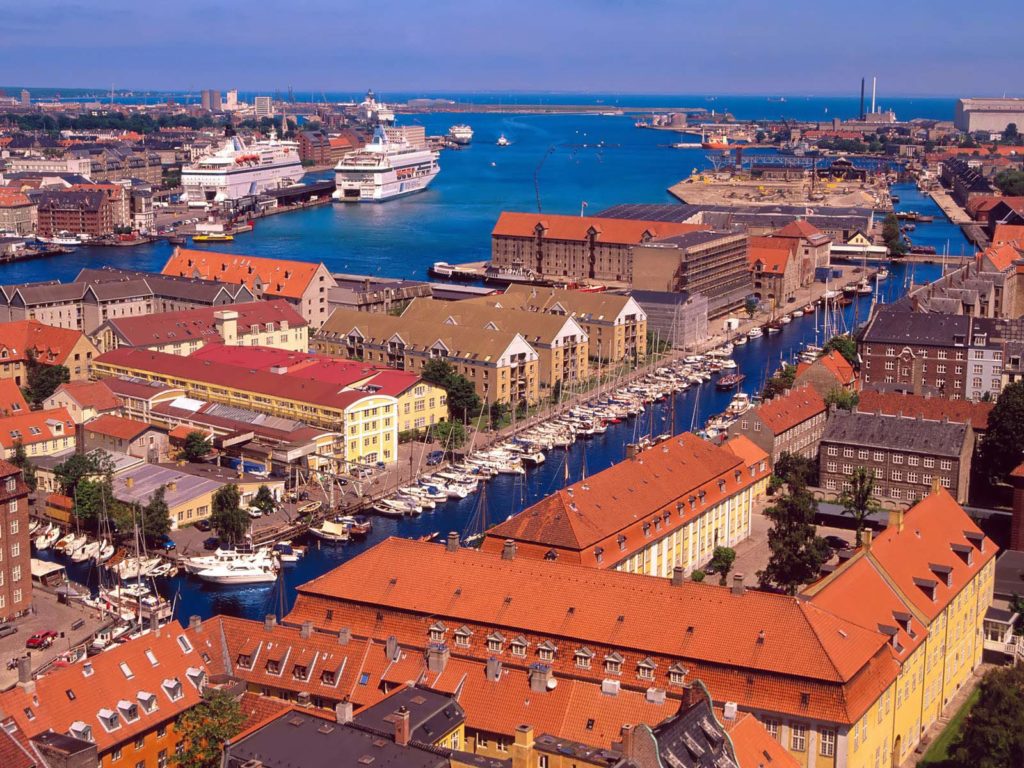
Singapore
Singapore scores high in the index for its strong economy, low political risk, strong infrastructure and low corruption in the survey. The country was one of the first to move to contain the virus and has maintained one of the flattest curves in the pandemic.
“We have tremendous trust in our government, who are relatively transparent about every step they are taking to fight this crisis,” resident Constance Tan said. “As a general rule, if the government enforces something, we comply […] We work together, and we do not need to worry about social unrest, people dying on the streets or economic destabilization.”
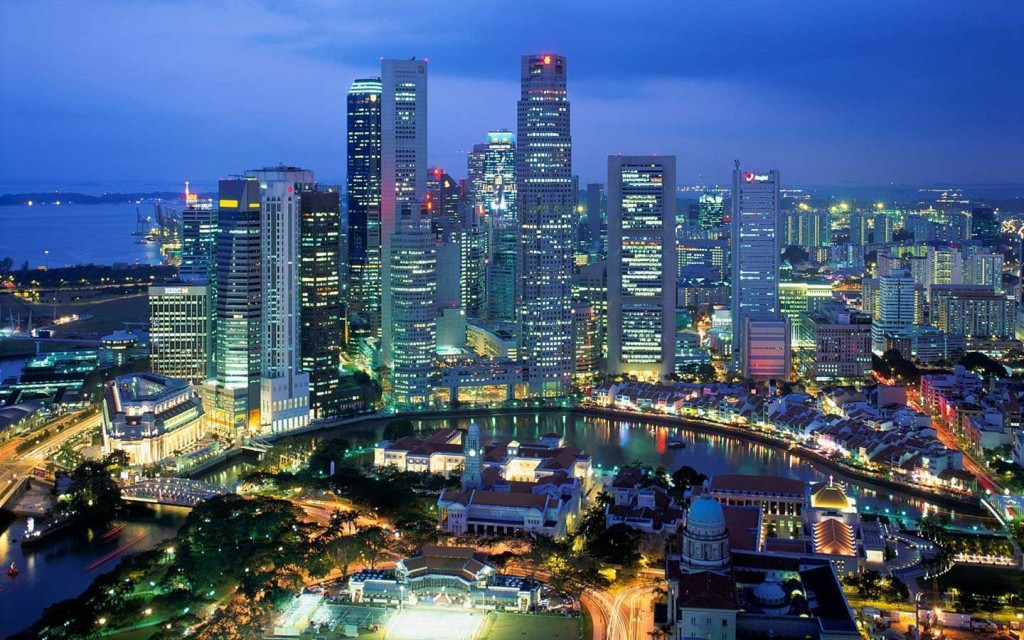
United States
Containing the virus has proven challenging in metropolitan areas such as New York City, Detroit, and New Orleans, and unemployment has already jumped to historic levels after state and local jurisdictions enforced mandatory shutdowns that have particularly hit restaurants, retail workers, and other businesses that rely on foot traffic.
But according to experts, the U.S. government has moved quickly to pass stimulus measures to stabilize the economy and social distancing strategies implemented across the country seem to be lessening the overall impact of the virus.
“Generally speaking, the US economy is better-positioned to recover from large shocks and potential longer-run shifts than much of the rest of the world. The population is on average younger than much of the rest of the world with more mobility, and labor market restrictions are generally lighter, thereby facilitating greater labor reallocation” said Eric Sims, professor of economics at the University of Notre Dame.
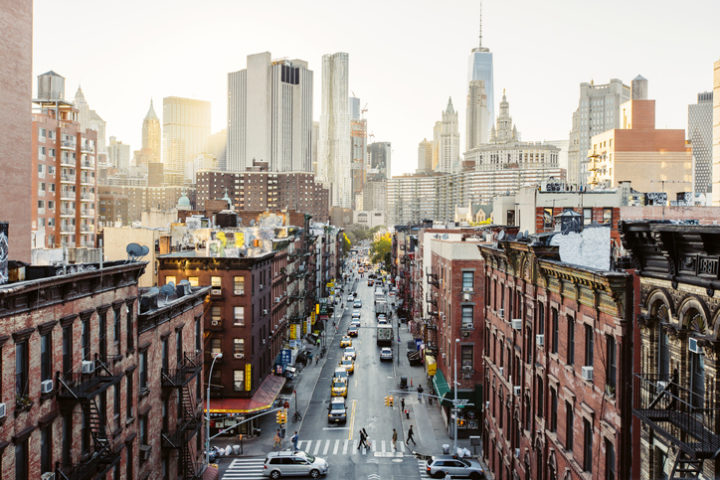
Rwanda
Due to recent improvements in corporate governance, Rwanda has made some of the largest leaps in the index in recent years, jumping 35 spots to its current rank of 77th most resilient in the world, and fourth highest in Africa.
Rwanda has also proved to be a nation that is well-positioned to bounce back from this type of crisis as the country successfully contained Ebola from its borders after an outbreak from the neighboring Democratic Republic of the Congo in 2019.
With its mix of universal health care, medical supply-delivering drones, and thermometer checks at its borders, Rwanda stands to be well-equipped to maintain stability throughout the crisis, especially when compared to other countries in the region, according to analysts.
“A lot of foreign students like me stayed behind because we felt confident that the Rwandan government would handle the situation way better than in our home countries,” said Garnett Achieng, digital content curator for Baobab Consulting and student at the African Leadership University, who is originally from Kenya. “Amongst foreign African students, the only anxiety comes with knowing that our families back home are not in the same situation we are in.”
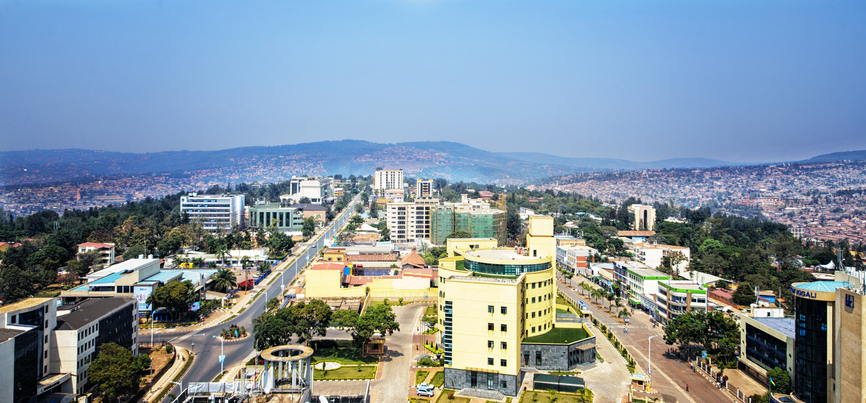
New Zealand
Ranked 12th-most resilient in the index, New Zealand scores high in corporate governance and its supply chain. The country has also been applauded for moving quickly to contain the spread of the virus by shutting borders to international travelers and enacting a non-essential-business lockdown in mid-March.
“As an island nation, it is easier to control our borders, the main source of infections. So, the effective border closure makes sense,” said Auckland resident Shamubeel Eaqub, an economist at consultancy Sense Partners.
The measures are paying off as some epidemiologists see New Zealand as having the potential to be one of few “normal” nations left, according to a Guardian report, eliminating all cases if measures remain strong for the coming weeks.
